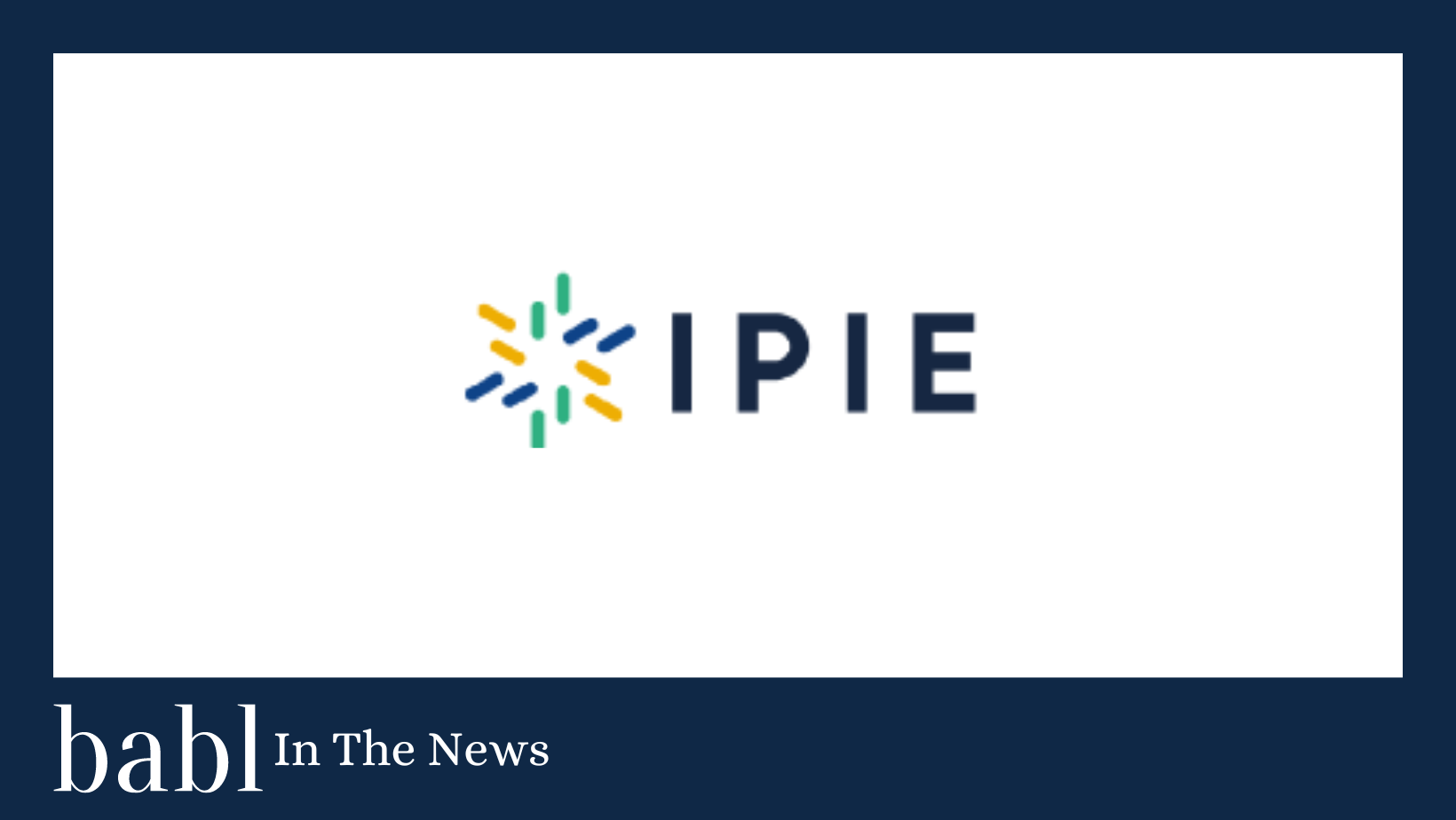BABL AI’s groundbreaking work in AI auditing has been recognized in the latest report by The International Panel on the Information Environment (IPIE). The report by IPIE, titled “Global Approaches to Auditing Artificial Intelligence: A Literature Review,” highlights BABL AI’s innovative “audit instrument” as an example of the methodologies developed by private companies to assess the ethical commitments of AI systems.
This mention underscores BABL AI’s commitment to advancing the field of AI ethics and responsible auditing. The report emphasizes the need for transparent and effective AI auditing practices globally, with BABL AI standing out as a leader in developing tools that ensure AI technologies adhere to ethical standards.
Building Trust Through Auditing
As AI continues to transform industries worldwide, the demand for trustworthy auditing tools grows stronger. BABL AI’s approach focuses on ensuring that AI systems meet ethical benchmarks, empowering businesses to manage risk while earning public trust. Moreover, these auditing tools provide companies with a repeatable process for evaluating how their models handle sensitive data, mitigate bias, and comply with regulatory expectations. This process is not just about compliance—it’s about fostering responsible innovation that benefits both organizations and society.
Supporting Industry and Policy Alignment
Governments and industries across the globe are now calling for stronger AI oversight and clear risk-management frameworks. BABL AI’s auditing solutions directly support this movement by giving organizations the means to evaluate their AI’s ethical impact before deployment. Through structured AI Risk and Impact Assessments, companies can identify vulnerabilities early, avoid regulatory penalties, and demonstrate accountability to stakeholders. In doing so, BABL AI continues to help bridge the gap between emerging technology and evolving global governance standards.
You can read the full IPIE report HERE.




